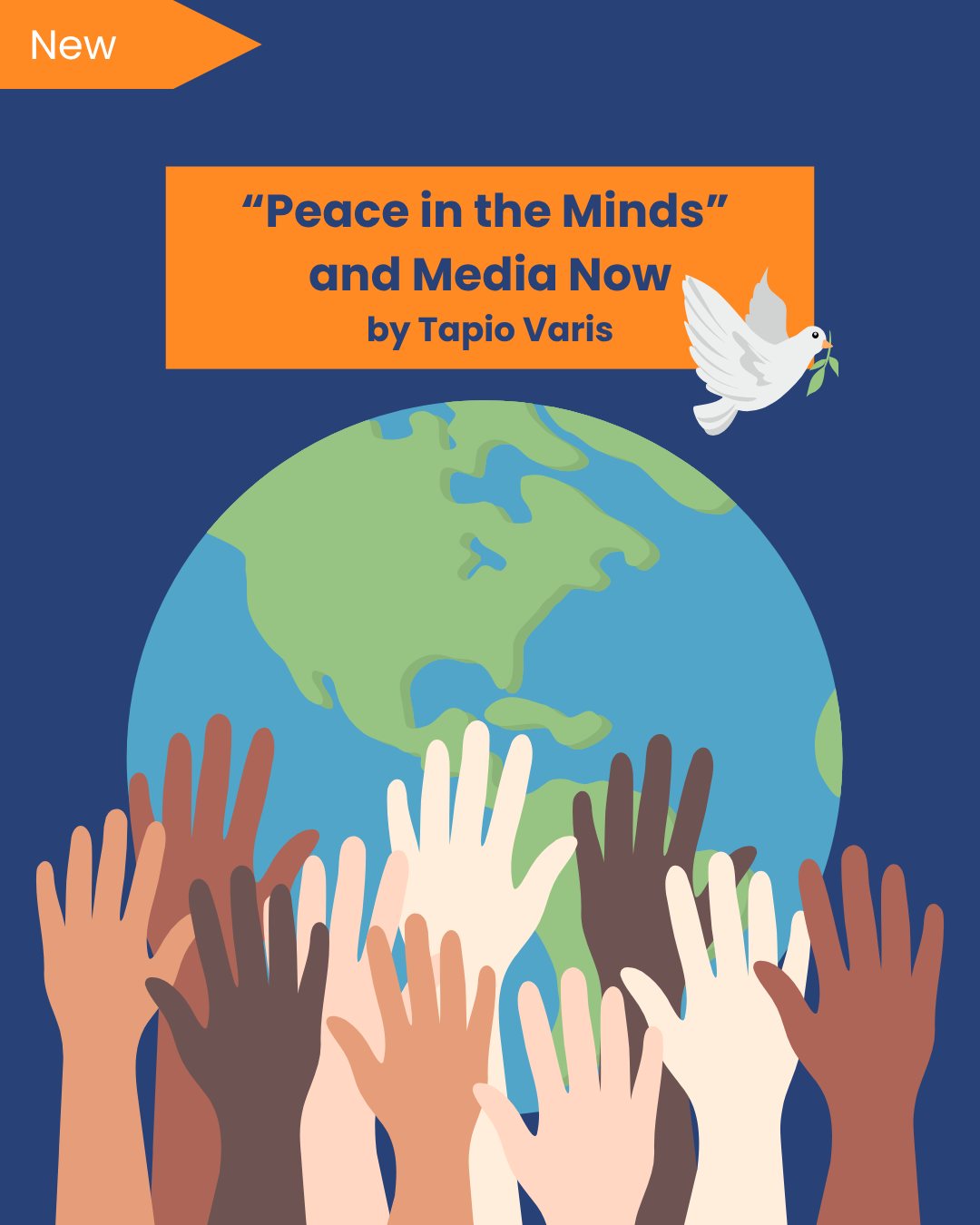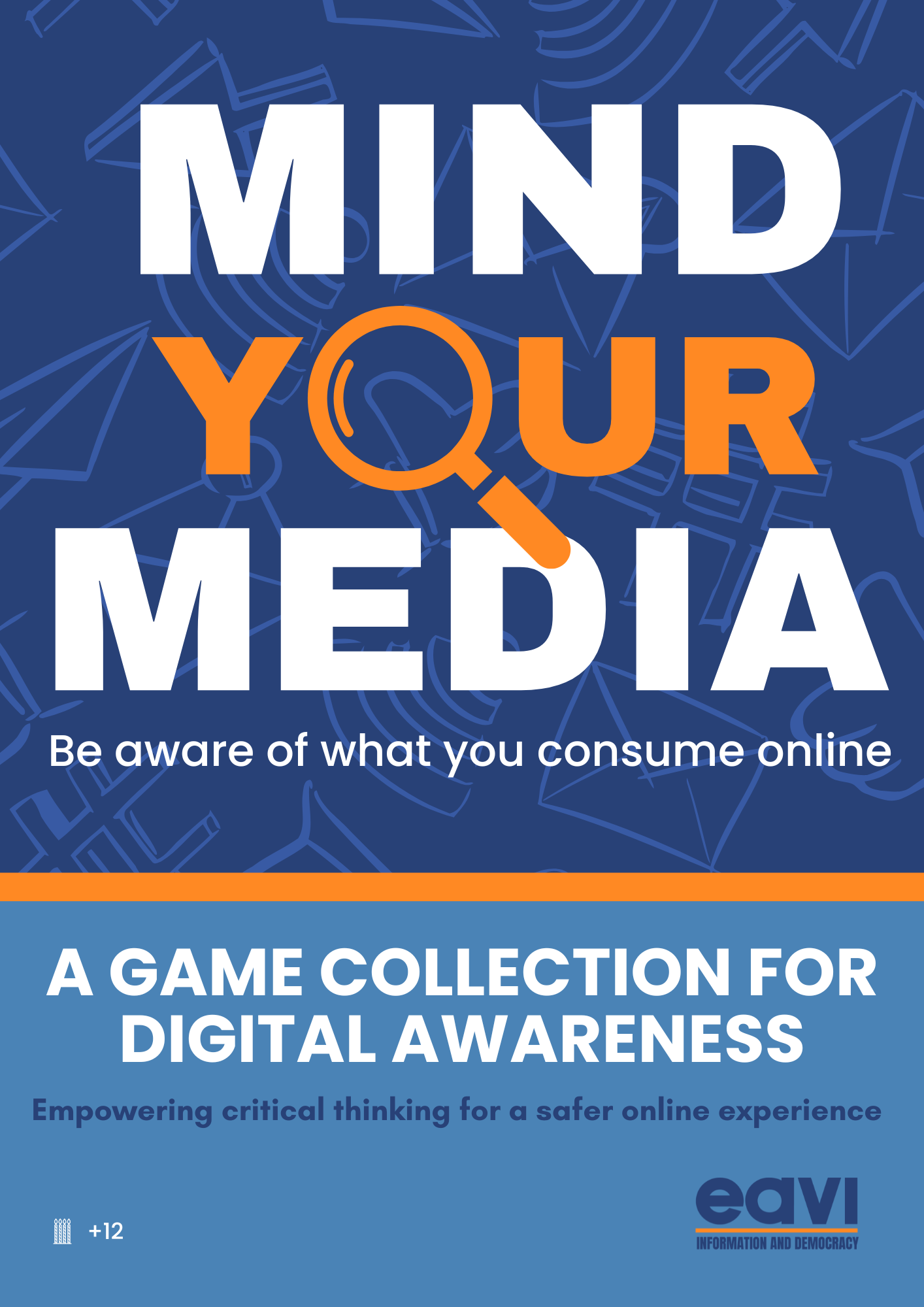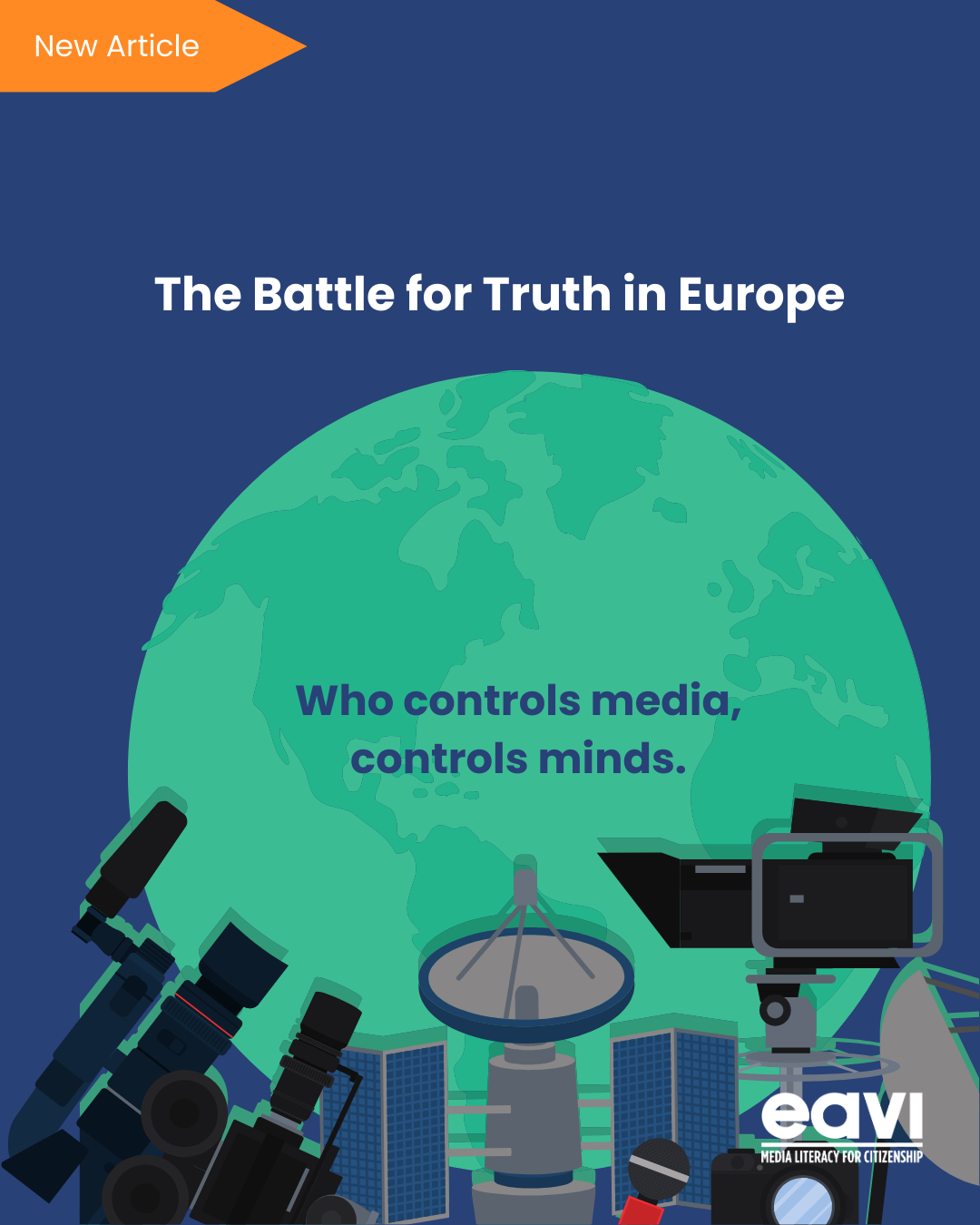These video interviews with Trump supporters about the conspiracy theories they adhere to is the stuff of media literacy educators nightmares.
In the video below, dubbed by one of our colleagues as ‘ignorance porn,’ Jordan Klepper from The Daily Show interviews Trump supporters at rallies in Ohio and Wisconsin (key swing states) in the run-up to the November 8th election. Of course, we wonder how many people he had to interview before he was satisfied that their answers were sufficiently fit for ridicule but, even so, the mind boggles.
During one interview a man states that Obama had something to do with 911 because he wasn’t in the Oval Office that day. In another a woman states that Barack Obama is a Muslim and a terrorist and that her mind is made up even without proof.
On the one hand it is encouraging to see people practising a distrust in mainstream media and seeking out alternative information. However, what is problematic is how the people in the video choose to parse that information, wherever it may be coming from, and exchange trust in one authority (mainstream media) for trust in another (alternative/fringe media) without applying the rigorous critical gaze we would hope for from people about to vote in an election.
Another worrying challenge for us as media literacy educators is their conviction – I doubt I could even recall what I ate for breakfast with the same level of confidence. A study at the University of Illinois in 2000 found two types of citizens with incorrect information; the uninformed and the misinformed (the people in this video seem to fall into the latter category). But the study also found that “the most misinformed citizens tend to be the most confident in their views and are also the strongest partisans. These folks fill the gaps in their knowledge base by using their existing belief systems.”
If no amount of facts can persuade people away from their confirmation bias and, as has been discussed often this year, if we are truly are living in a post-factual democracy, where facts are all-too-often trumped by feelings, then it is also true that media and information literacy education is now more important than ever.
These video interviews with Trump supporters about the conspiracy theories they adhere to is the stuff of media literacy educators nightmares.
In the video below, dubbed by one of our colleagues as ‘ignorance porn,’ Jordan Klepper from The Daily Show interviews Trump supporters at rallies in Ohio and Wisconsin (key swing states) in the run-up to the November 8th election. Of course, we wonder how many people he had to interview before he was satisfied that their answers were sufficiently fit for ridicule but, even so, the mind boggles.
During one interview a man states that Obama had something to do with 911 because he wasn’t in the Oval Office that day. In another a woman states that Barack Obama is a Muslim and a terrorist and that her mind is made up even without proof.
On the one hand it is encouraging to see people practising a distrust in mainstream media and seeking out alternative information. However, what is problematic is how the people in the video choose to parse that information, wherever it may be coming from, and exchange trust in one authority (mainstream media) for trust in another (alternative/fringe media) without applying the rigorous critical gaze we would hope for from people about to vote in an election.
Another worrying challenge for us as media literacy educators is their conviction – I doubt I could even recall what I ate for breakfast with the same level of confidence. A study at the University of Illinois in 2000 found two types of citizens with incorrect information; the uninformed and the misinformed (the people in this video seem to fall into the latter category). But the study also found that “the most misinformed citizens tend to be the most confident in their views and are also the strongest partisans. These folks fill the gaps in their knowledge base by using their existing belief systems.”
If no amount of facts can persuade people away from their confirmation bias and, as has been discussed often this year, if we are truly are living in a post-factual democracy, where facts are all-too-often trumped by feelings, then it is also true that media and information literacy education is now more important than ever.
These video interviews with Trump supporters about the conspiracy theories they adhere to is the stuff of media literacy educators nightmares.
In the video below, dubbed by one of our colleagues as ‘ignorance porn,’ Jordan Klepper from The Daily Show interviews Trump supporters at rallies in Ohio and Wisconsin (key swing states) in the run-up to the November 8th election. Of course, we wonder how many people he had to interview before he was satisfied that their answers were sufficiently fit for ridicule but, even so, the mind boggles.
During one interview a man states that Obama had something to do with 911 because he wasn’t in the Oval Office that day. In another a woman states that Barack Obama is a Muslim and a terrorist and that her mind is made up even without proof.
On the one hand it is encouraging to see people practising a distrust in mainstream media and seeking out alternative information. However, what is problematic is how the people in the video choose to parse that information, wherever it may be coming from, and exchange trust in one authority (mainstream media) for trust in another (alternative/fringe media) without applying the rigorous critical gaze we would hope for from people about to vote in an election.
Another worrying challenge for us as media literacy educators is their conviction – I doubt I could even recall what I ate for breakfast with the same level of confidence. A study at the University of Illinois in 2000 found two types of citizens with incorrect information; the uninformed and the misinformed (the people in this video seem to fall into the latter category). But the study also found that “the most misinformed citizens tend to be the most confident in their views and are also the strongest partisans. These folks fill the gaps in their knowledge base by using their existing belief systems.”
If no amount of facts can persuade people away from their confirmation bias and, as has been discussed often this year, if we are truly are living in a post-factual democracy, where facts are all-too-often trumped by feelings, then it is also true that media and information literacy education is now more important than ever.









































































































































































